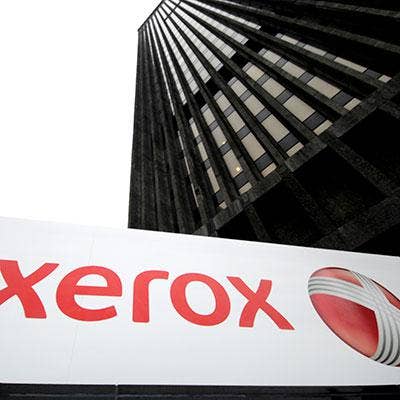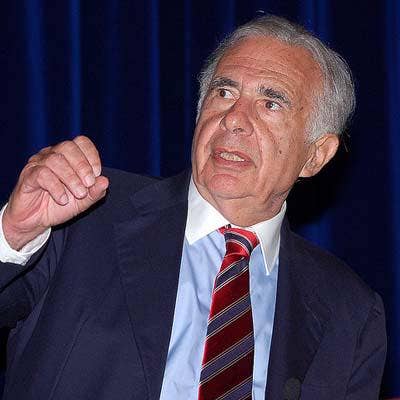5 Things You Need To Know About Carl Icahn's Battle To Derail Xerox-Fuji Deal

The Turmoil Continues
As the upheaval at Xerox plays out in court and in the press, the two warring factions are stepping up their rhetoric.
The fight stems from the January 31 unveiling of an agreement between Fujifilm and Xerox under which Xerox would cede a 50.1-percent ownership stake to Fujifilm. Under the deal, Xerox shareholders would receive a $2.5-billion special cash dividend and 49.9 percent of the combined company, with Fujifilm owning 50.1 percent.
Here are five things partners need to know about the future of Xerox.

Posting A $150 Million Bond
Activist investors Carl Icahn (pictured) and Darwin Deason posted a $150 million bond to preserve two New York State court injunctions aimed at stopping the Xerox Fuji deal. The first injunction prevents Xerox from holding a shareholder vote on the Fuji transaction. The second injunction gives shareholders the ability to nominate an alternate slate of directors that Icahn is promoting as "committed to enhancing value for all shareholders rather than rushing into a no-premium deal with Fuji to further their own personal interests."
Xerox calls this bond inadequate. "The loss in value if the transaction does not proceed is in the billions of dollars," said Xerox in a legal filing. The $150 million bond set by the court "is not 'rationally related' to Xerox's potential damages and therefore is not sufficient to support the injunction," it stated in court filings."

Other Buyers Are 'Waiting In The Wings'
Icahn said buyers for Xerox exist and he is willing to entertain all-cash offers of $40 per share. But he said shareholders will not reap this windfall until the "lame duck" board and CEO release their "death grip" on Xerox.
"We are aware of the market speculation regarding a rival bid by Apollo and we are confident that other potential buyers are waiting in the wings to kick the tires," he said. "To put to rest the speculation regarding our intentions, we are comfortable stating that an all-cash bid at a minimum of $40 per share, would require our serious consideration."

Icahn Wants Xerox CEO Jeff Jacobson Fired
Icahn wants the board -- which he last week accused of "intentionally violating their fiduciary duties to Xerox shareholders by pursuing their own brazen self-interest" -- to immediately terminate the Fuji transaction, then fire sitting CEO Jeff Jacobson (pictured). He next wants them to hire John Visentin to take Jacobson's place, and to allow a new shareholder board to take over. Icahn also wants those he calls "massively conflicted" board members held personally liable for their misconduct and the "damage" they have caused the company. He also wants Fujifilm to be held fully liable as an aider and abettor of "continuing breaches of fiduciary duties."
Icahn Has A Notable Loss To Michael Dell
In 2013, Icahn challenged a bid by Dell to buy back ownership of the company he founded on the grounds that Dell's offer per-share was too low.
In moves that will seem familiar to those following the Xerox fight, Icahn waged a PR campaign alongside a court battle to win a higher purchase price for shareholders, and to block the sale to Dell. He won a slightly more money, with Dell's group agreeing to up their bid by 10-cents per share. However Dell was able to take the company private in one of the largest private equity buyouts in history.
In a public concession Icahn wrote at the time, "I realize that some stockholders will be disappointed that we do not fight on. However, over the last decade, mainly through 'activism' we have enhanced stockholder value in many companies by billions of dollars. We did not accomplish this by waging battles that we thought we would lose." Dell later called Icahn "a bad guy."

Xerox Wants The Fuji Deal To Move Ahead
Xerox wants a New York State appeals court to lift the injunction it allowed late last month, and permit the sale to Fujifilm to move ahead. In a motion at the appeals court on Friday, Xerox said the lower court has "eviscerated" the state's "business judgement rule" adding that in doing so the court disregarded the considered opinion of the board as well as the CEO to determine the course of the company. The "Court has manifestly abused its discretion by applying the wrong legal standard and substituting its own opinions for the Board's valid, good faith business judgment," Xerox stated in court documents.